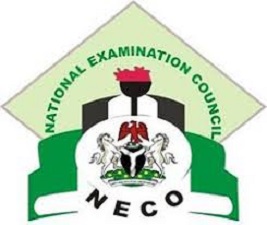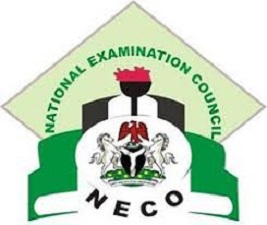Neco Tourism answers 2021
Here is neco tourism answers 2021, remember to subscribe for waec, it won’t be easy out here. Join Whatsapp group and message admin.
1-10: CEECCDBABB
11-20: ADDADCBCDB
21-30: CDEBAABADB
31-40: CAECEDACBD
41-50: BECDCEABBB
51-60: CAABBBDBBC
(1a)
Ecological tourism can be defined as responsible travel to natural areas that conserve the environment, sustains the well-being of the local people, and involves interpretation and education.
(1b)
(i) It aids community development: It helps in community development by providing the alternate source of livelihood to local community which is more sustainable.
(ii) Conserves Resources: Its aim is to conserve resources, especially biological diversity, and maintain sustainable use of resources, which can bring ecological experience to travelers, conserve the ecological environment and gain economic benefit.
(iii) Opportunity for Small-scale Investment: Ecotourism offers new opportunities for small-scale investments and also increases national responsibility in the protection of biological resources. It therefore acts as a means of socio-economic and environmental uplifting especially in developing countries for which the ecotourism acts as a major source of foreign exchange.Visiting the protected areas such as national parks and reserves contribute towards maintenance of the parks or reserves. This is possible by the collection of entrance fees and other charges which go towards paying for improvements and salaries for the staff taking care of the facilities. Sufficient amounts of revenue are therefore re-invested in protecting natural habitats
(1c)
(i) Ibeno beach, in Ibeno, Akwa Ibom State
(ii) Obudu Mountain Resort, in Obudu, Cross River State
(iii) Oban Hills, in Oban, Cross River State.
(3a)
(i) Afan National Festival.
(ii) Agila Social and Economic Carnival.
(iii) Annang Festival of Art and Culture.
(iv) Argungu Fishing Festival.
(3b)
(i) Nok culture of Kaduna state
(ii) Dye Pits of kano state
(iii) Esie stone sculptures
(iv) Mbari Art of Imo state
(3c)
(i) Social influence: The influence of modernization, Christianity, commerce, civilization, change, development, looting, and antiquarians, among others.
(ii) Developmental projects: The government developmental projects which destroy cultural heritages, conflicts and social change in Nigeria as a whole.
(iii) Social change: The Social change implies an alteration, modification or shift in behavior also cause the challenge in cultural heritage.
(iv) Religious fanaticism: The religious zealots who burn cultural objects in the name of deliverance.
(4a)
Tour operator is an organization, firm, or company who buys individual travel components, separately from their suppliers and combines them into a package tour, which is sold with their own price tag to the public directly or through middlemen.
(4b)
(Choose Any three)
(i) Planning a Tour:The most important functions of the tour operators are planning a tour. Tour operators plan a tour and make tour itinerary which contains the identification of the origin, destination and all the stopping point in a traveler’s tours.
(ii) Making Tour Package:
Tour operator buys individual travel components, separately from there suppliers and combines them into a package tour. Tour operators make tour package by assembling various travel components into a final product that is called tour package which is sold to tourist with own price tag.
(iii)Arranging a Tour:
Tour operators make tour package and also arrange a tour according to tourist demands. Tour operators arrange the tour package and various tourists activities to provide the best experience to tourists/traveler.
(iv) Travel information: A tour operator must give up-to-date, accurate and timely information regarding destinations, modes of travel, accommodation, sightseeing, immigration, health and security rules about various permits required to travel in a particular area etc.

